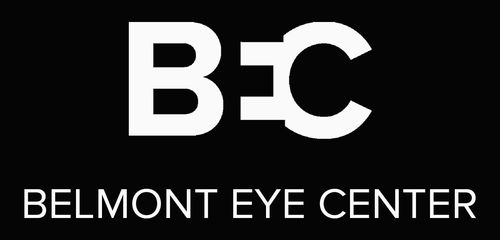Belmont Eye Center News,Eye News & Education
Introduction
It’s crucial to understand the different ways we can maintain our eye health and manage vision loss. While traditional treatments remain pivotal, complementary therapies are increasingly gaining recognition. They can serve as useful additions to our eye care routine, supporting overall eye health and potentially slowing the progression of certain eye conditions.
What are Complementary Therapies?
Complementary therapies are non-conventional treatments that can complement traditional medical practices. These can include dietary supplements, acupuncture, yoga, and other relaxation techniques. Although research is ongoing, these therapies have shown promising results in the management of vision loss.
Complementary Therapies for Vision Loss
1. Dietary Supplements
Dietary supplements rich in vitamins and minerals, particularly A, C, and E, omega-3 fatty acids, and carotenoids like lutein and zeaxanthin, can help promote eye health and reduce the risk of age-related macular degeneration (AMD).
2. Acupuncture
Though more research is needed, some studies suggest that acupuncture may help alleviate symptoms of dry eye syndrome and other vision problems. Acupuncture involves inserting thin needles into specific body points to rebalance energy flow.
3. Yoga and Meditation
Yoga and meditation can help relieve stress, which is known to exacerbate eye problems like glaucoma. Techniques such as palming or eye exercises can potentially enhance visual acuity and improve eye focus.
Benefits of Complementary Therapies for Eye Health
Complementary therapies can support overall eye health by:
- Improving circulation to the eyes
- Reducing eye strain
- Lowering oxidative stress
- Supporting healthy retinal function
- Enhancing overall wellbeing and quality of life
Consultation is Key
Remember, complementary therapies should not replace traditional eye care. Always consult with your ophthalmologist or optometrist before starting any new therapy or supplement. They can provide guidance based on your specific needs and condition.
Conclusion
In the face of vision loss, it’s empowering to know there are natural, supportive measures that can accompany our traditional medical treatments. The growing research on complementary therapies offers hope for better eye health and an improved quality of life for those dealing with vision loss.
